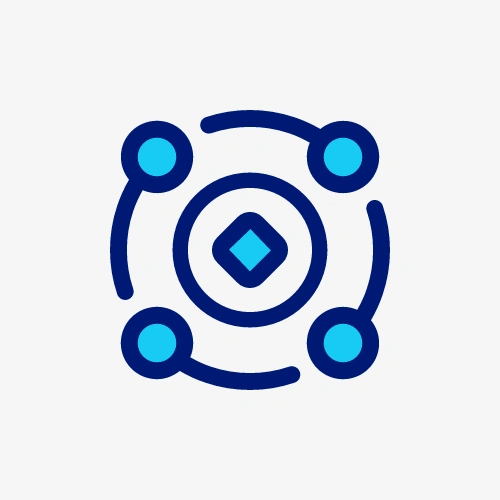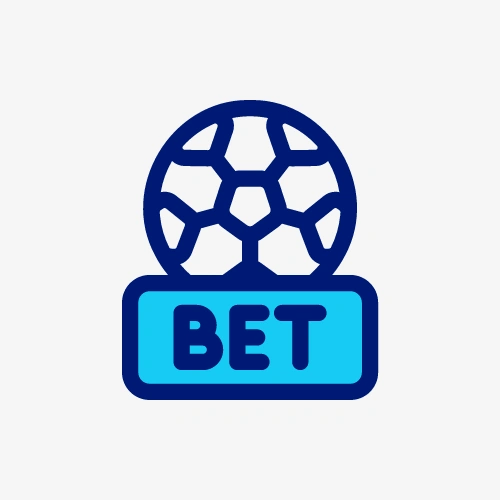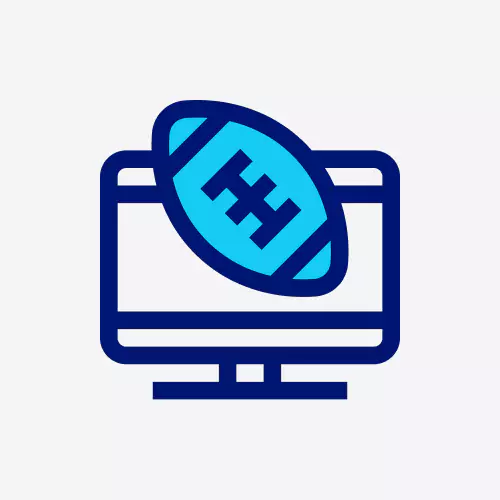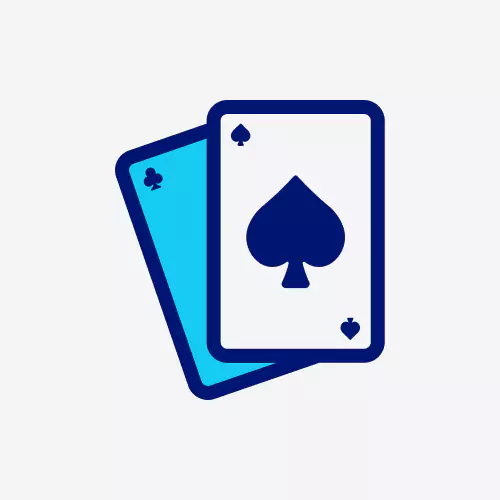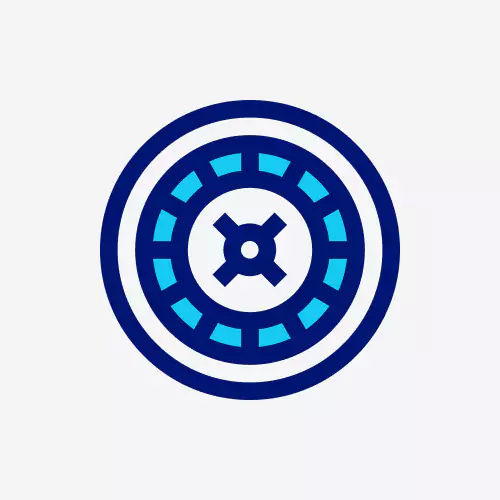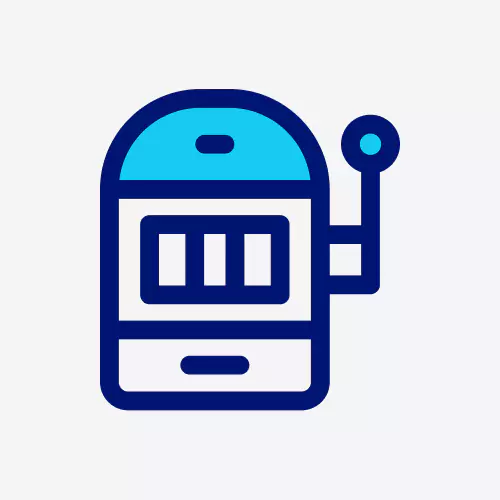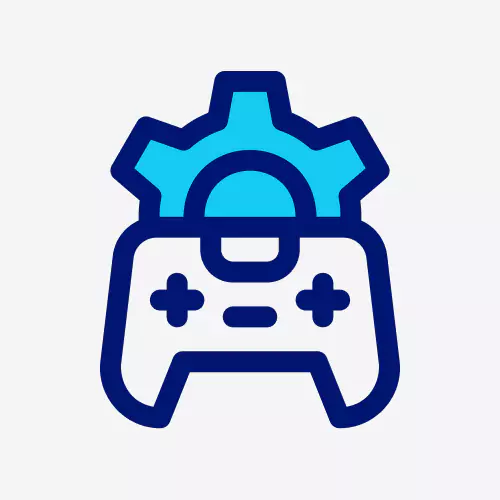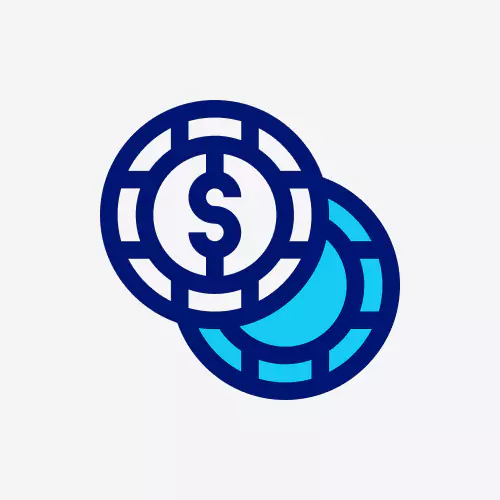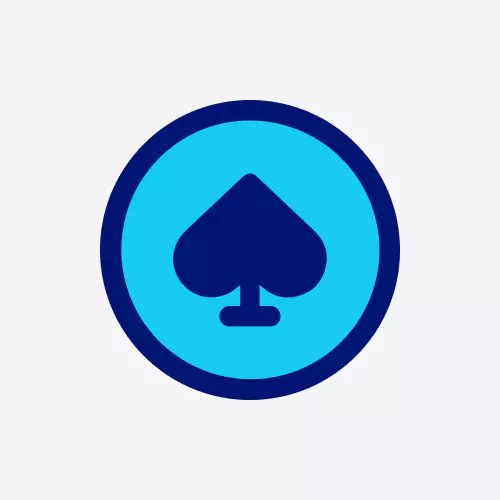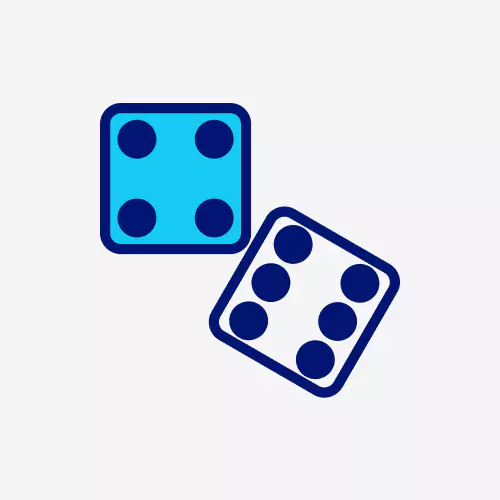Views: 6
Obtaining Random Number Generator (RNG) Certification in iGaming and Poker

In the fast-paced iGaming world, fair play and player trust are essential. Players often worry whether the games they enjoy are truly fair—or if the odds are tilted against them.
That’s where RNG (Random Number Generator) certification comes in, guaranteeing that game outcomes are random and unbiased.
In this blog, you’ll discover the basics of RNG certification, from the types of RNGs to the steps for certification. We’ll also cover costs, testing methods, and how transparency builds lasting player trust.
By the end, you’ll understand why RNG certification matters for any iGaming platform aiming for credibility and player loyalty.
Importance of RNG Certification in iGaming and Poker
In online gaming, RNG certification is essential for fair play and building player trust. It ensures every game outcome is truly random, giving all players an equal chance.
Here’s how RNG certification works across popular iGaming options:
- Online Poker: RNG systems make each hand dealt as unpredictable as at a live poker table. This prevents any unfair advantage.
- Slots: RNGs determine each spin’s symbol sequence, making each result independent and random. This level of unpredictability aligns with legal standards worldwide.
Player forums often discuss RNG fairness, but certified RNGs use advanced algorithms to produce unbiased results. Attempts to manipulate RNG systems are also easily detectable.
Trusted organizations, like Gaming Laboratories International, set high standards and certify RNGs to ensure fairness and security. This certification builds trust with both regulators and players, highlighting why RNG certification is crucial in today’s iGaming world.
Types of Random Number Generators
Knowing the types of Random Number Generators (RNGs) used in iGaming helps clarify how they keep gameplay fair.
There are two main types:
- Hardware RNGs (True RNGs): These rely on physical phenomena, like atmospheric or thermal noise, to generate truly random numbers. This high level of randomness minimizes the risk of prediction. However, due to the significant hardware demands and slower speeds, TRNGs are less common in fast-paced iGaming environments.
- Software RNGs (Pseudo RNGs): Using mathematical algorithms, PRNGs create sequences that are “pseudo-random,” starting from a unique seed value, often based on the system clock. While PRNGs aren’t truly random, they’re popular in iGaming because they integrate easily and meet the speed demands of games like poker, slots, and virtual sports.
Some platforms also use hybrid RNGs that combine both types. For instance, a TRNG might set the seed for a PRNG, boosting overall randomness and security in the game.
By balancing these technologies, iGaming platforms maintain integrity, ensuring that each game remains fair, unpredictable, and engaging.
Procedure for Obtaining RNG Certification
Obtaining RNG certification is a multi-step process aimed at verifying the fairness and reliability of your gaming system. This certification assures players that game outcomes are truly random, supporting a fair and unbiased gaming experience.
Here’s a step-by-step look at the certification process—from selecting a certification agency to meeting regulatory requirements.
- Choose a Certification Agency
Start by selecting a reputable and accredited certification agency with iGaming expertise. Agencies like BMM Testlabs, iTech Labs, Gaming Labs International (GLI), and eCOGRA are well-regarded in the industry for RNG certification. - Prepare for Testing
Before testing begins, ensure your RNG system is integrated properly within your gaming platform. Having well-built algorithms is essential, but they must also be seamlessly embedded into your games. - Undergo Statistical Randomness Testing
The agency will test your RNG for statistical randomness. This means every generated number must be truly independent of previous numbers to avoid patterns or repetitions that might indicate predictability. - Verify Unpredictability
To keep game outcomes fair, the RNG must show high unpredictability. This prevents players from guessing or influencing results. - Confirm Functionality Across Game Systems
The RNG must perform consistently and fairly across all system sizes and types in your platform. Ensuring this functionality prevents any bias, regardless of the game setup. - Get Compliance Assistance
Consider using specialized compliance services during testing to make sure your software meets certification standards. These services can help guide you through requirements and ensure alignment with industry standards. - Review and Certification
After testing, the certification agency will review the results. If your RNG meets all criteria for fairness and randomness, you’ll receive a certification that confirms your system’s integrity. - Meet Regulatory Requirements
Alongside RNG certification, you may need to align with additional regulatory requirements, which could include securing a gambling license or registering your company in a jurisdiction that permits iGaming.
Achieving RNG certification strengthens the credibility of your gaming platform and reassures players of a fair, trustworthy gaming experience.
Testing Methods for RNG Certification
Several rigorous testing methods verify that RNGs produce genuinely random results, essential for maintaining player trust and regulatory compliance.
1. Diehard Tests
- Diehard tests are a series of statistical tests that examine various aspects of randomness in RNG algorithms. Named for their reliability, these tests check key randomness indicators like:
- Birthday Spacings Test: Assesses if random numbers show any clustering.
- Bitwise XOR Test: Evaluates the randomness of bits within the generated numbers.
Organizations like iTech Labs and eCOGRA use Diehard tests to confirm RNGs meet high industry standards, ensuring they produce random and unbiased results. Running these tests under different conditions, such as during online slot games, helps detect any predictable patterns.
2. Chi-square Tests
- Chi-square tests check the frequency distribution of RNG outputs to detect any biases or irregularities. They confirm if the observed frequencies match expected frequencies, a key factor in preserving fairness. For example:
- Poker Card Draws: Chi-square tests verify that each card draw is random, so no player gains an unfair advantage.
These tests also confirm the independence of each random number, ensuring that each outcome is unaffected by previous results. This independence is crucial to maintaining the integrity of the gaming experience.
Together, these testing methods provide a thorough assessment of RNGs, giving operators confidence that their systems comply with standards and deliver a fair gaming environment.
Cost and Duration of RNG Certification
Understanding the cost and time involved in RNG certification is essential for gaming operators. Both can vary widely depending on the platform’s size and the number of games needing certification.
1. Cost Factors
Larger platforms with many games generally face higher certification costs than smaller operators with fewer games. It’s essential to budget for these costs based on the platform’s scale and game variety.
2. Certification Duration
-
- The certification process typically takes one to three weeks.
- Duration depends on the complexity of your platform and how well-prepared your algorithms are for certification.
3.Preparation Tips
Ensuring your systems and algorithms are optimized before certification can prevent delays. Platforms with advanced algorithms or numerous games may require more testing, extending the certification timeframe.
Planning for both the costs and time investment of RNG certification helps operators achieve a smooth and timely certification process. New entrants can also benefit from understanding these costs if they’re considering starting an online casino.
Building Player Trust Through RNG Transparency
RNG certification is central to proving the fairness and integrity of games in iGaming and poker. It assures players that game outcomes are truly random and free from manipulation.
Here’s how platforms can build and sustain player trust:
- Regular Audits and Compliance
Routine audits and updates keep platforms in line with standards set by regulatory bodies like the UK Gambling Commission and Malta Gaming Authority. These regular checks ensure that RNG software continues to perform reliably, maintaining the fairness players expect. - Transparent Communication with Players
Being open about how RNGs work and the certification process helps build player confidence. Clear communication demystifies the technology, reducing skepticism and assuring players of the game’s integrity. - Staying Up-to-Date with Standards
RNG systems should be updated to align with evolving technology and regulatory changes. Regular upgrades reassure players that the platform prioritizes fairness, which enhances the gaming experience and promotes long-term engagement.
By committing to transparency and regular audits, gaming operators can foster lasting player trust—encouraging new users to join and existing players to stay. or operators looking to enhance their platform’s offerings, working with a reputable iGaming provider can support both trust-building and compliance efforts.
Ongoing Commitment to RNG Integrity
Achieving RNG certification is key to fair, trustworthy online gaming. It assures players that your platform offers truly random game outcomes and operates with integrity. We’ve covered the essentials, including selecting a certification agency, testing methods, and planning for costs, duration, and regular audits.
But RNG certification isn’t a one-time task—it’s an ongoing commitment. Regular audits and updates help keep your platform compliant, adapting to evolving standards and strengthening player confidence. This continuous effort builds a reputation for fairness that fosters lasting player loyalty.
At Source Code Lab, we offer ready-to-use gaming solutions tailored to both new and established iGaming operators. Our certified RNG systems and expert support make it easy to launch or expand your online casino. Book a demo today to discover how Source Code Lab can help you create a reliable and successful gaming platform.
FAQs
1. What is RNG certification, and why is it important in online gaming?
RNG certification verifies that a platform’s Random Number Generator produces fair, random game outcomes. This certification is essential for building player trust and ensuring compliance with industry standards.
2. How long does the RNG certification process take?
The certification process usually takes one to three weeks, depending on the platform’s complexity and the number of games needing testing.
3. Do online casinos need to renew their RNG certification?
Yes, regular audits and updates are required to maintain RNG certification. These ongoing checks ensure that the platform continues to meet fairness and randomness standards.
4. How does RNG certification affect player trust?
RNG certification shows players that game results are unbiased and fair, which builds trust and encourages long-term engagement with the platform.

